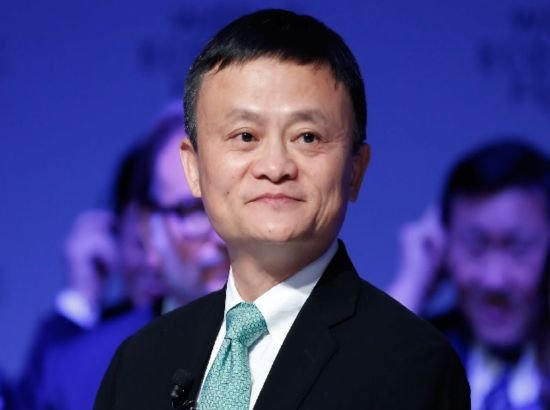
Chinese billionaire Jack Ma, co-founder of Alibaba, was allegedly involved in a covert attempt by China’s government to pressure an overseas businessman to return and assist in the prosecution of a disgraced politician, according to court documents filed in France.
The businessman, referred to only as “H”, was living in France when he became the subject of repeated pressure from Chinese authorities. Tactics included threatening phone calls, his sister’s arrest in China, and a red notice issued via Interpol.
The situation escalated when H received a personal phone call from Jack Ma in April 2021. Ma told him, “They said I’m the only one who can persuade you to return.”
Transcripts presented in court show Ma urging H to return to China and support a high-profile case against Sun Lijun, a former Chinese deputy security minister. Ma reportedly said Chinese security officials had contacted him, insisting H’s cooperation would make his problems disappear.
Ma himself had fallen out of political favor after criticizing Chinese regulators in 2020 and briefly vanished from the public eye.
Sun Lijun was once tasked with managing security during the 2019 Hong Kong protests. He later became a target in President Xi Jinping’s ongoing anti-corruption campaign and was convicted of bribery and market manipulation.
H’s cooperation was reportedly sought to strengthen the case against Sun.
French authorities confiscated H’s passport following the Interpol alert. However, H’s legal team argued that the extradition request was politically motivated and aimed at forcing H to testify.
A French court agreed, blocking the extradition and removing the Interpol red notice.
This case fits a pattern known as transnational repression, where dissidents abroad face pressure through family threats, legal intimidation, or red notices. A global investigation documented more than 100 such cases in 23 countries.
Experts say China often avoids formal extraditions, instead relying on intimidation and indirect tactics to force people to return “voluntarily.”
While Interpol red notices are designed to track serious criminals, experts warn that autocratic governments often misuse the system to silence political opponents.
In H’s case, the notice blocked travel and added pressure, but was later deemed politically driven and removed.
Months after his alleged involvement, Jack Ma re-emerged in Beijing, publicly applauding President Xi at a business meeting. Analysts viewed this as a sign of his political rehabilitation.
H’s lawyer remarked that Ma, like her client, was pressured to show loyalty to the ruling party.
This case raises questions about the extent of China’s reach in silencing overseas targets and the role played by influential figures. Jack Ma’s reported involvement highlights how even high-profile entrepreneurs may be caught in the middle of political power plays.